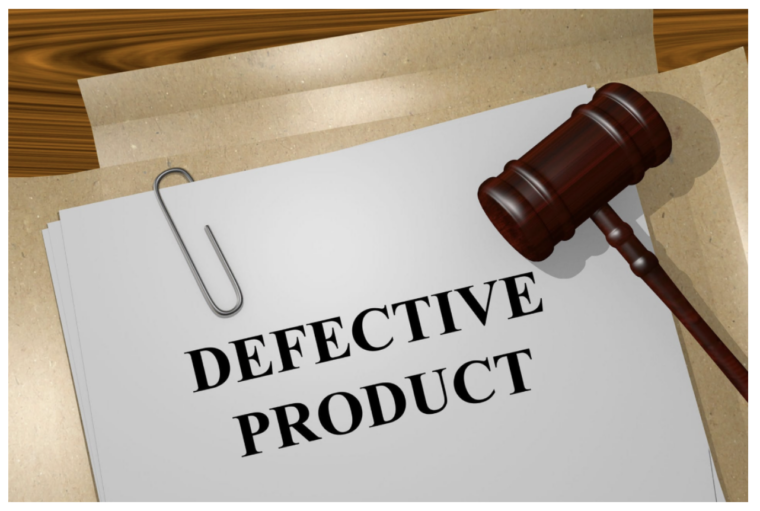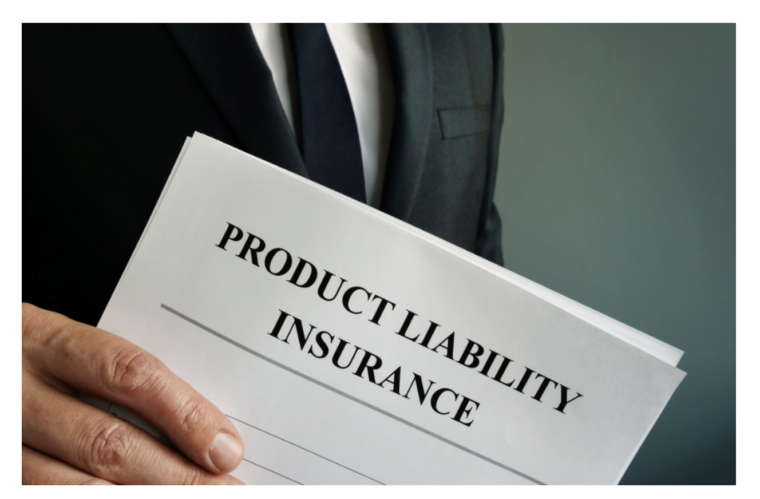What Compensation Can I Expect in My Defective Product Liability Action Cases?
When you purchase a product, whether it’s a household appliance, a vehicle, or even a toy for your child, you expect it to be safe to use. However, there are times when products malfunction or have defects that can lead to serious injuries or damages. In such cases, you may be entitled to compensation through a defective product liability action. But what compensation can you expect in these cases?
In this comprehensive article, we’ll discuss every aspect of compensation in defective product liability cases. From understanding the types of compensation available to exploring the factors that influence the amount you might receive, we’ll provide you with actionable insights into these complex legal proceedings.

Types of Compensation
When you file a defective product liability action, there are various types of compensation, or damages, that you may be entitled to receive:
Compensation for Medical Expenses:
If you’ve been injured due to a defective product, you can seek compensation for your medical expenses. This includes costs related to hospital stays, surgeries, medications, rehabilitation, and any other medical treatments required to address your injuries.
Lost Wages and Income:
Injuries from defective products can often result in missed work or even long-term disability, impacting your ability to earn a living. You can seek compensation for the wages or income you’ve lost due to your inability to work.
Pain and Suffering:
Beyond the tangible financial losses, you may also be entitled to compensation for the physical pain and emotional suffering caused by your injuries. This can encompass both the immediate pain and any long-term effects on your quality of life.
Loss of Consortium:
If your injuries have affected your relationship with your spouse or partner, they may be able to seek compensation for the loss of consortium, which refers to the loss of companionship, affection, and support.
Punitive Damages:
In cases where the defendant’s actions were particularly reckless or horrible, the court may award punitive damages. These are intended to punish the defendant and discourage similar behavior in the future.
Factors Influencing Compensation
The amount of compensation you can expect in a defective product liability case can vary based on several factors:
Severity of Injuries:
The extent and severity of your injuries play a significant role in determining the compensation you may receive.
More severe injuries that require extensive medical treatment and have a long-term impact on your life generally result in higher compensation.
Economic Losses:
The financial losses you’ve incurred as a result of the defective product, such as medical expenses and lost wages, will be taken into account when calculating compensation. Documenting these losses thoroughly is crucial for ensuring you receive fair compensation.
Evidence of Negligence:
To prove liability in a defective product case, you’ll need to demonstrate that the manufacturer, retailer, or other party involved was negligent in some way.
Strong evidence of negligence can strengthen your case and increase the likelihood of receiving compensation.
Product Liability Laws:
Each state has its own laws governing product liability, which can impact the compensation you’re entitled to receive.
Some states have caps on certain types of damages, while others have more lenient rules regarding punitive damages.
Insurance Coverage:
The defendant’s insurance coverage can also affect the amount of compensation available. If the defendant is underinsured or uninsured, it may limit the amount you can recover through a lawsuit.

Good Legal Representation:
Effective legal representation in cases involving defective products is essential for going through complex legal procedures, securing equitable compensation, and asserting your legal entitlements.
Engaging experienced attorneys recommended by advocacy organizations ensures expert guidance for optimal case outcomes. You can learn more at ConsumerShield, a specialized legal advocacy group, that assists consumers in finding the best attorney to handle defective product liability cases.
FAQs
How long do I have to file a defective product liability lawsuit?
The statute of limitations for filing a defective product liability lawsuit varies by state, but it typically ranges from one to six years from the date of injury or discovery of the defect. It’s important to consult with an attorney as soon as possible to ensure you don’t miss the deadline for filing your claim.
Can I still file a lawsuit if the product has been recalled?
Yes, a product recall does not necessarily prevent you from filing a defective product liability lawsuit. A recall can serve as evidence of a defect and bolster your case. However, it’s essential to consult with an attorney to understand your legal options and the potential impact of the recall on your case.
What if I was partially at fault for the accident?
Even if you bear some responsibility for the accident, you may still be able to recover compensation in a defective product liability case. Most states follow a comparative negligence rule, which allows you to recover damages proportional to your level of fault. However, your compensation may be reduced based on your degree of responsibility for the accident.
Conclusion
Handling a defective product liability case can be challenging, but understanding the types of compensation available and the factors that influence the amount you may receive is essential.
By seeking legal guidance from experienced professionals and documenting your losses thoroughly, you can maximize your chances of obtaining fair compensation for your injuries and damages.
